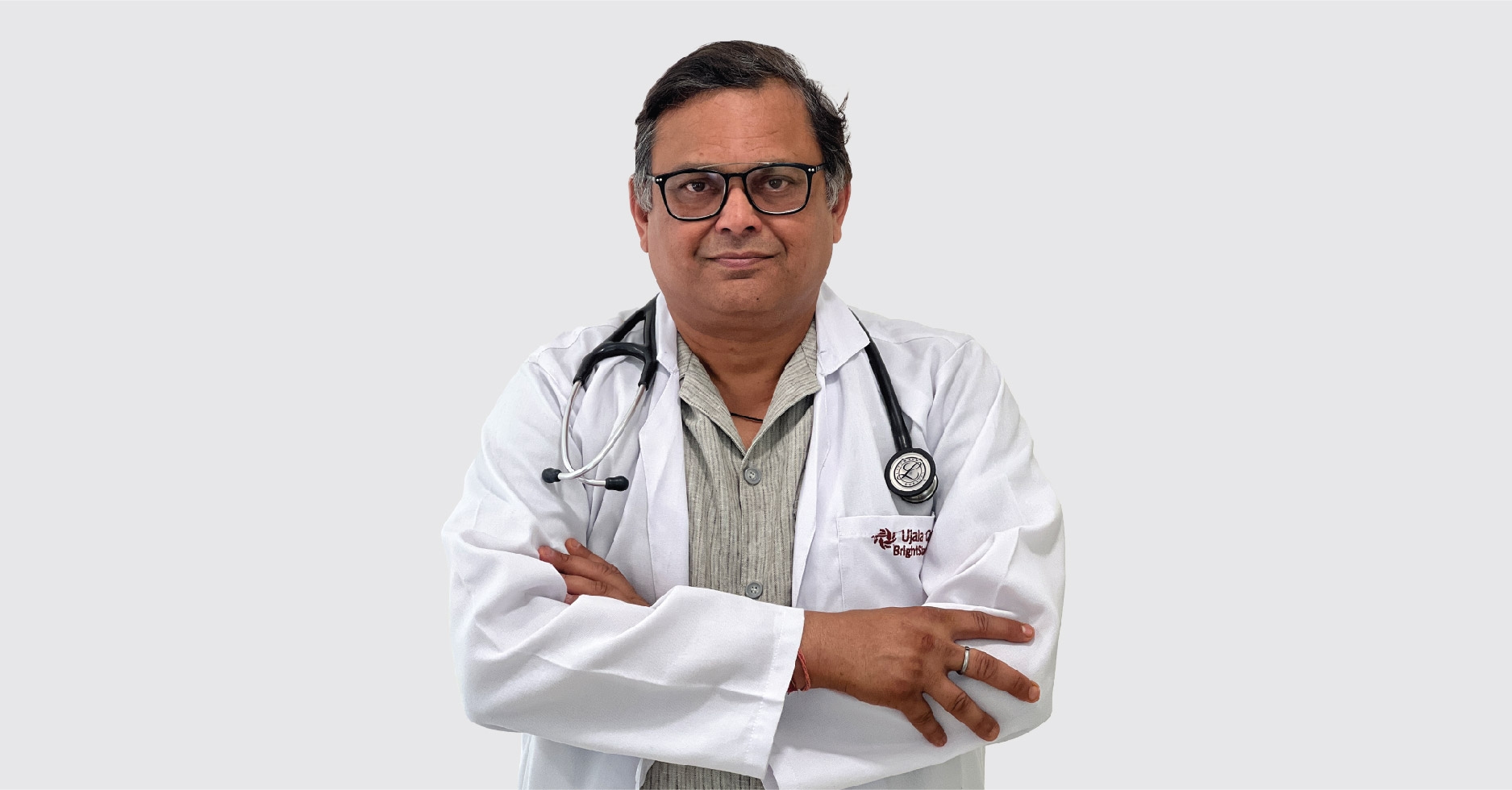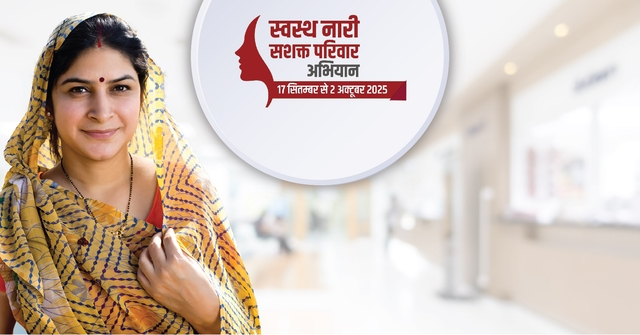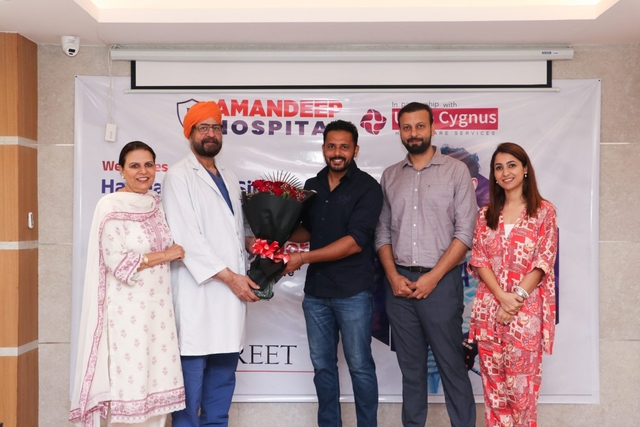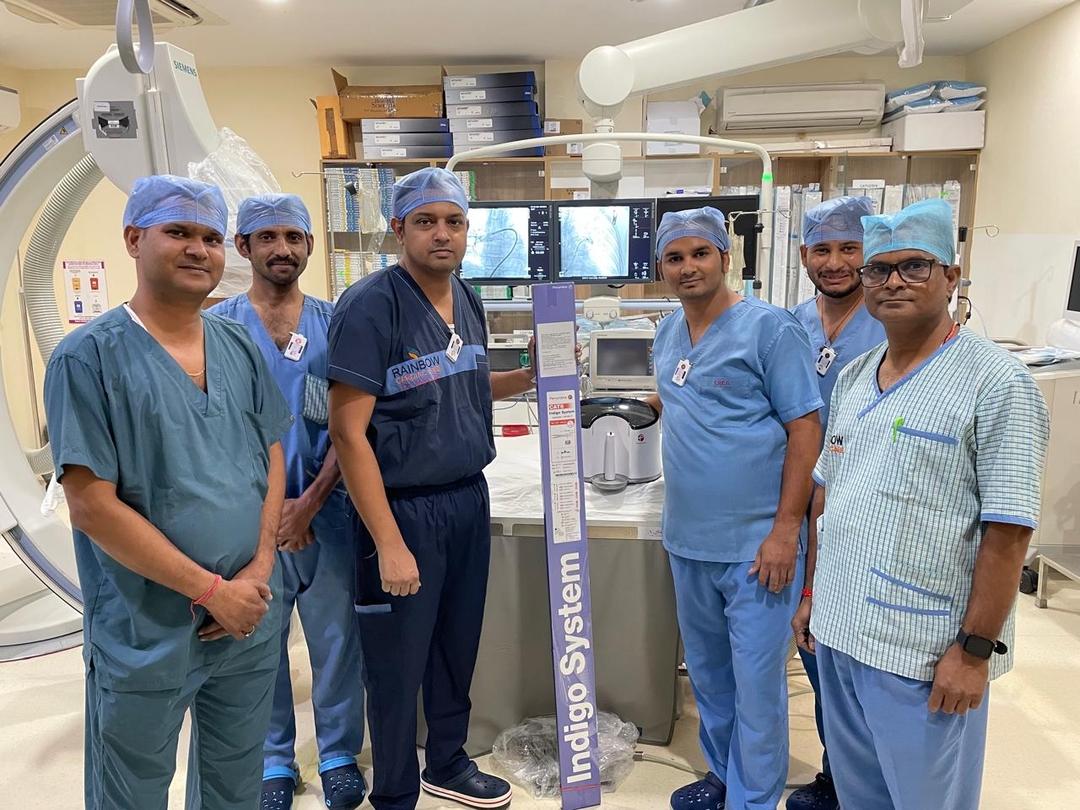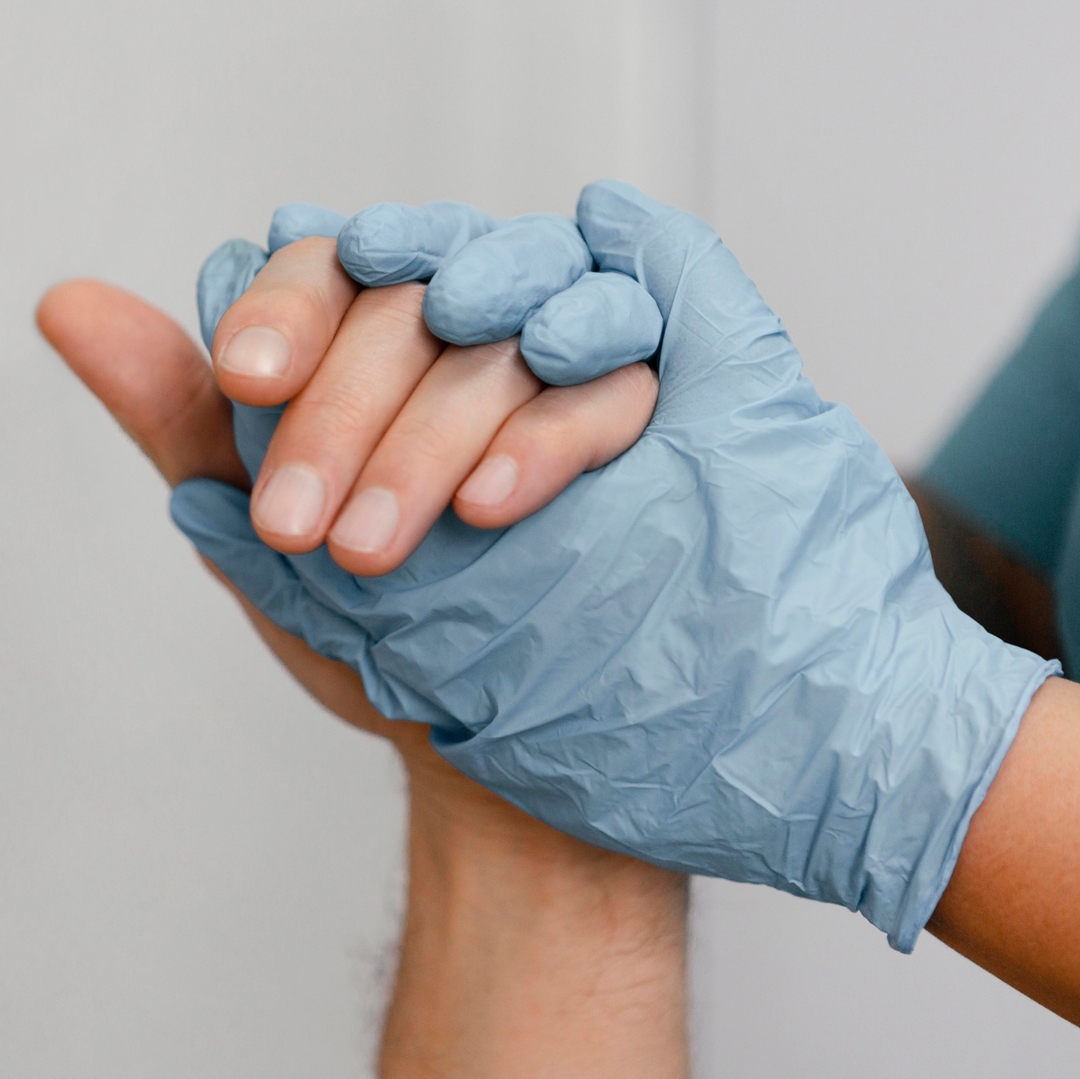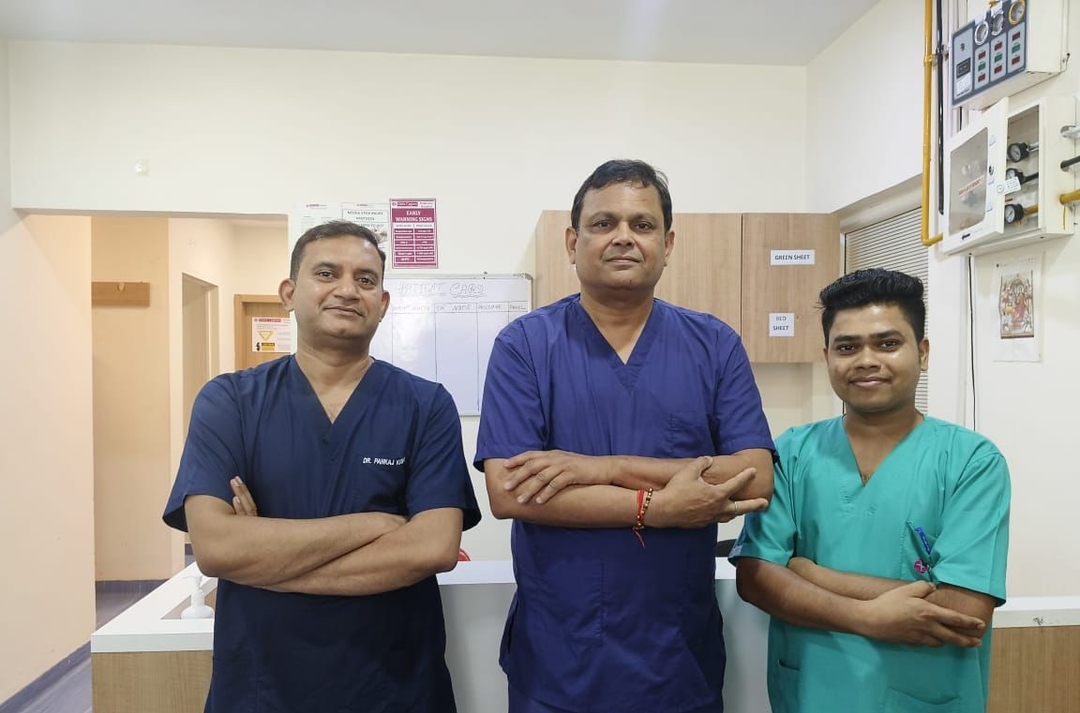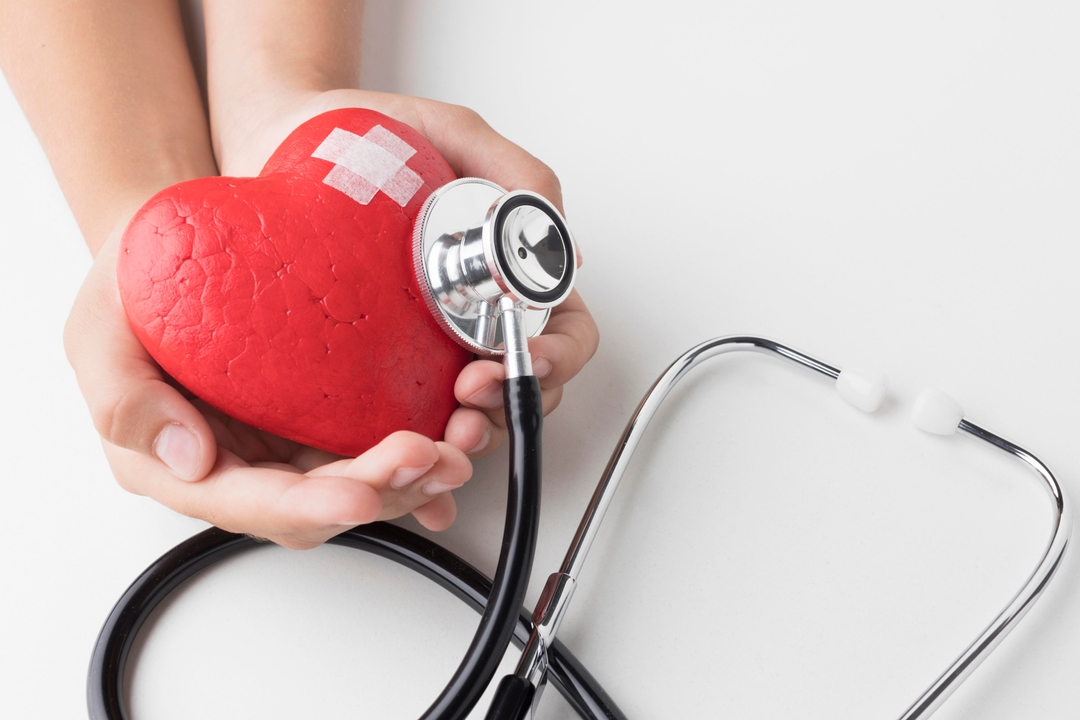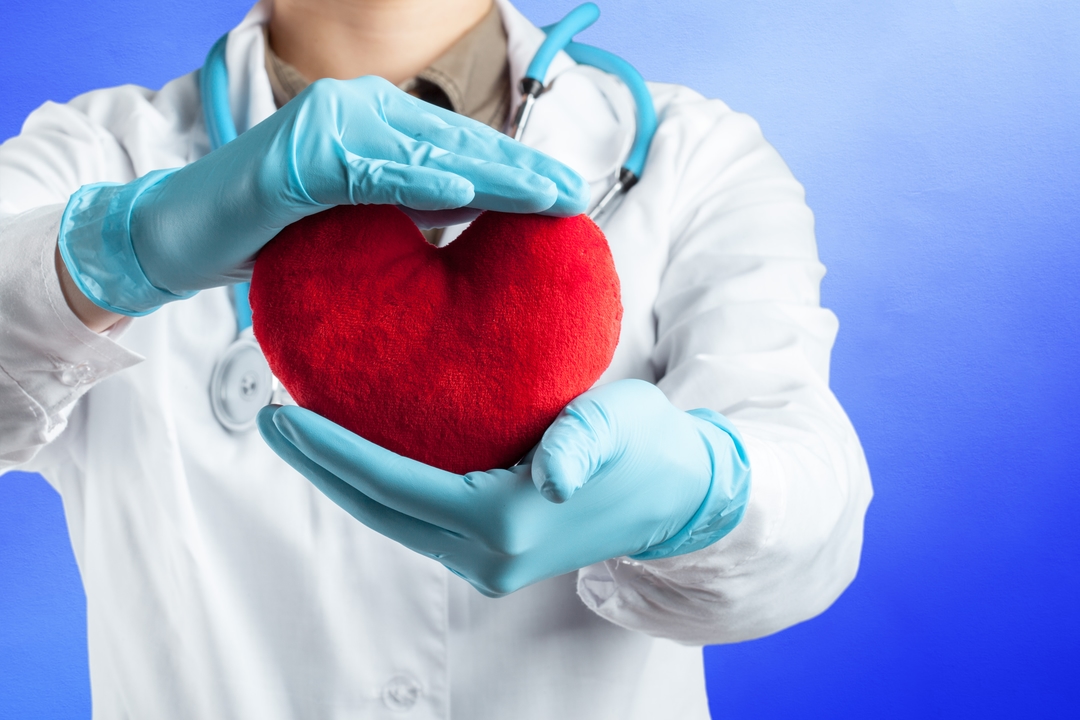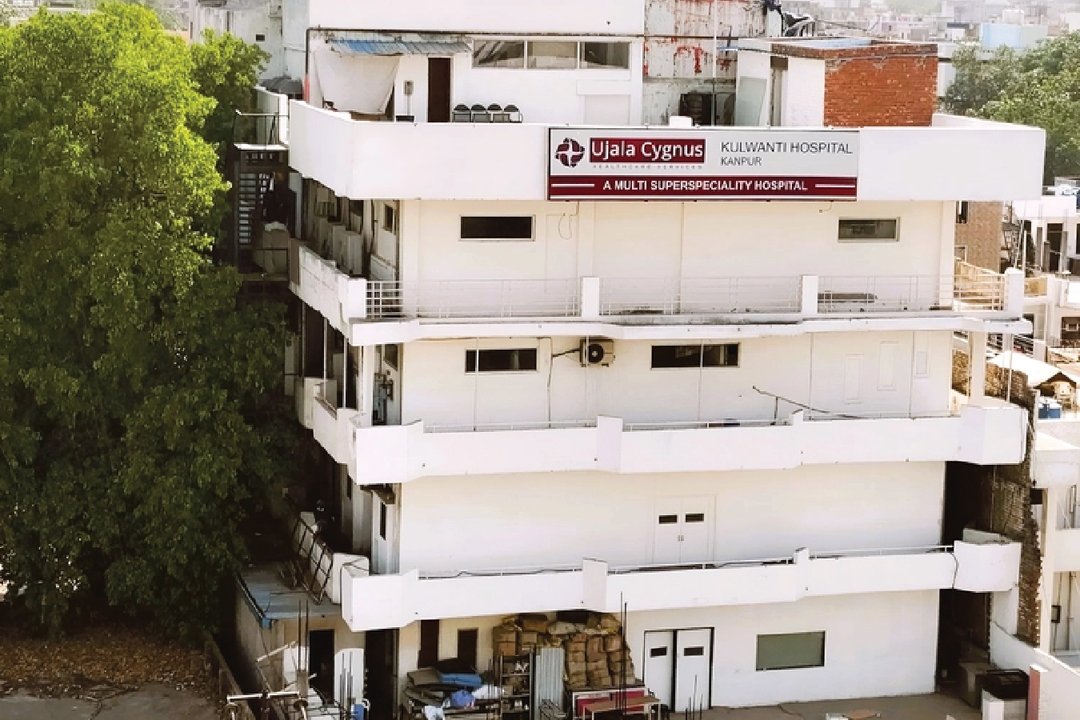
Breast Cancer Surgery: Instructions & Preoperative Care of Breast Surgery
By Ujala Cygnus
Reviewed by : Jalaz Jain
June 10, 2022
The most common type of breast cancer requires surgery as the primary treatment. The surgical procedures for eliminating tumors are called mastectomy and lumpectomy. Additional operations may be necessary to check for cancer in your lymph nodes or reconstruct your breast after being removed.
What is Breast Cancer Surgery?
Your medical team will almost always recommend surgery to eliminate localized breast cancer. When it is technically possible to remove the afflicted tissue, surgery is considered the primary treatment for breast cancer. (It is not a successful treatment for metastatic breast cancer, which has spread to other parts of the body).
Breast cancer surgery can sometimes remove a single tumor from your breast (lumpectomy), but it may also be necessary to remove your entire breast (mastectomy) to remove the malignancy. Breast cancer surgery is primarily a treatment, but it can also serve as a diagnostic and cosmetic procedure. Sometimes, surgery is performed as an experimental procedure to seek symptoms of cancer spread. After a mastectomy, it may be necessary to reconstruct your breast.
The type of surgery your healthcare team recommends for you will be based on many factors, including the sort of cancer you have, how severe it is, your overall health, and your individual preferences. Depending on your illness, surgery may be only a part of your entire care plan, or it may be the main treatment you require.
What are the instructions for breast cancer before surgery?
The information below will help you in preparing for your upcoming surgery. We trust that this information may assist you in making your experience more comfortable. If you have any queries about the instructions, call 88569-88569 for a free teleconsultation with our expert breast surgeons.
The following items are suggested for you all to bring to the hospital:
Also, please do not bring any valuables to the hospital with you or give them to relatives or friends.
What is included in the pre-operative care of breast cancer surgery?
The patient’s preoperative preparation for breast surgery should include psychosocial and surgical considerations. Patients may have unspoken concerns about recurrence, the necessity for adjuvant radiation or chemotherapy, surveillance, recovery time, and, in particular, cosmesis. It is crucial to consider the pros and cons of rapid versus delayed reconstruction and augmentation while evaluating treatment alternatives.
Routine pre-operative laboratory testing should be done based on the patient’s age, symptoms, and concurrent conditions from a surgical standpoint. The use of a first-generation cephalosporin before surgery is routine, even though there is no evidence that it is beneficial.
We encourage you to speak with our breast surgeons. Call 88569-88569 about any questions or concerns you may have.
Frequently Asked Question (FAQs)
Your pre-op clinic appointment will help you prepare for your surgery, and it is given to you around a week before surgery. You will meet professionals of your treatment team and will be allowed to sign a consent form indicating your agreement to the surgery.
A breast surgery procedure consists of five steps:
The common tests done before surgery include:
Breast implants that the FDA has approved have undergone extensive testing to establish reasonable assurance of safety and effectiveness. The majority of patients who have breast implants have no serious side effects.
Do not consume anything for at least eight hours before your surgery. Do not use tobacco products or chew gum. Keep your valuables and jewels at home. Before entering the surgery room, remove any detachable teeth and avoid wearing glasses or contact lenses.
Ujala Cygnus Healthcare Group has 16 hospitals. Kanpur, Rewari, Kashipur, Varanasi, Sonepat, Panipat, Kurukshetra, Nangloi in Delhi, Rama Vihar in Delhi, Kaithal, Bahadurgarh, Karnal, Moradabad, Haldwani, and Agra.
You can book an appointment at your nearest Ujala Cygnus Hospital for any health issue treatment. For any query, you can give a missed call on 88569-88569 and get a free consultation over the phone .
Loading...
